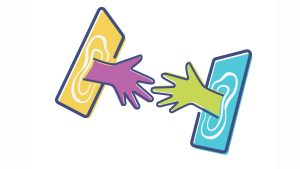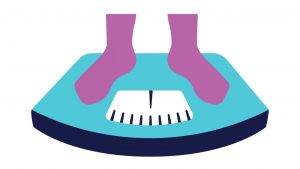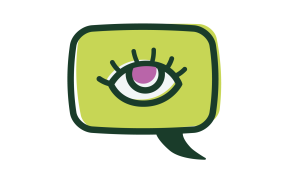
Modern devices have so many uses, they can have both positive and negative impacts on children’s social development. They can provide opportunities for connection and social support. They can also displace social interaction or promote conflict. Prosocial content can encourage behaviors like helping and kindness. Antisocial content can promote behaviors like aggression, violence, or hate.
Impacts vary across developmental stages, as children have different needs at different ages.
In early childhood, children are dependent on serve-and-return interactions for healthy social development. When a baby babbles and an adult responds, this provides critical input that teaches the baby about social interaction. Videos and shows (with the exception of video chatting) cannot provide the same quality of responsive interaction. The use of screen devices as calming tools during early childhood can also interfere with the development of important emotion-regulation skills.
As children get older, technology can serve as a tool for social interaction (social media and multiplayer video games, for example). However, technology often strips away critical elements of social interaction. Depending on the use, additional cues from body language, facial expressions, eye contact, and tone of voice are lost. The asynchronicity of messages and posting also alter the nature of interactions that would otherwise happen in real time.
In adolescence, the brain is hardwired to prioritize social responses, especially with peers. This can make social platforms particularly rewarding, but also an increased risk for youth vulnerable to rejection.
At all ages, it is important to promote screen behaviors that enhance connection with others. Establishing a healthy balance with offline interactions is also important.
More nuance might be needed when thinking about screen time, or screen use, and social development. Some takeaways: it matters if the screen use displaces needed experience. If you’re on the screen, you’re not engaging with the person that can help you develop your skills. The age of the child matters – with younger children, there’s less learning. They’re not going to get as much out of it as when they’re older.






